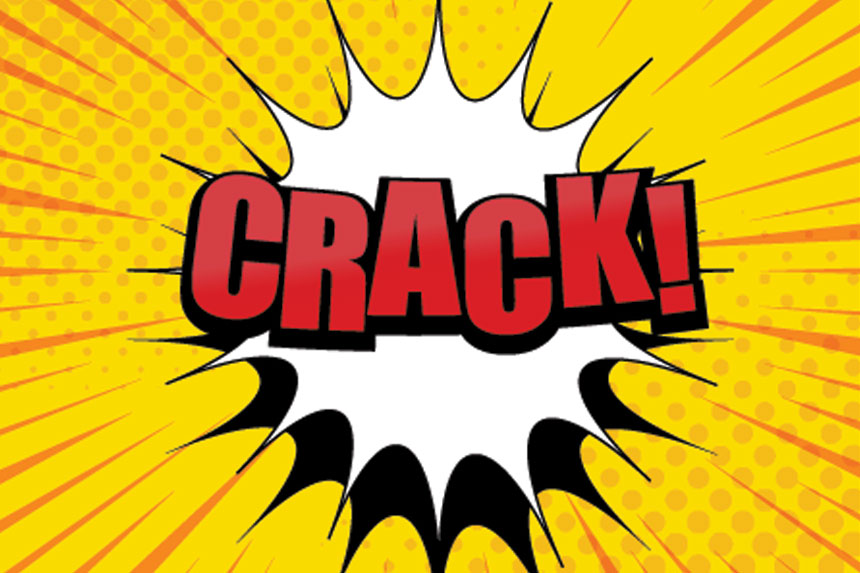Senior managing editor and logophile Andy Hollandbeck reveals the sometimes surprising roots of common English words and phrases. Remember: Etymology tells us where a word comes from, but not what it means today.
Onomatopoeia is just such a zinger of a word. It contains twice as many vowels as consonants, and of course it ends with four consecutive vowels, not a common occurrence in English. The vast majority of words containing four consecutive vowels that aren’t proper nouns (like Hawaiian and Montesquieu) are, like onomatopoeia, specialized jargon (such as guaiacum and homoiousian). Plus, onomatopoeia is just fun to say. It’s got a swinging rhythm, like a jazz lick, like it wouldn’t be out of place to hear Ella Fitzgerald use it while scat singing a jazz standard.
And though we understand what the word onomatopoeia means — “the naming of a thing by imitation of the sound associated with it” — how that 12-letter word was constructed to have that meaning isn’t apparent to most English speakers. But I’m here to clear it up.
Onomatopoeia splits into two parts. The first comes from the Greek onomatos, a form of the word onoma “word, name.” This is related to the many -nym and -nymous words in English, such as synonym (“same name”) and anonymous (“without a name”).
The second half comes from Greek poiein “to make or compose.” From the same root, a “thing made or composed” was called, in Greek, a poiema, an early variant of which relating specifically to written work was poema — a thing that was composed by a poetes. These are of course the precursors of the English words poem and poet.
So though onomatopoeia breaks down literally to a “created word,” you might think of it instead as a “word poem.” That might serve as a mnemonic to help you sort out the order of those final four vowels, too.
Unlike other English -nym words that are fairly young — for example, pseudonym (“false name”) first popped into print in English in the early 1800s, antonym (as a counter to the older synonym) roared to life in the 1850s, and acronym didn’t make a splash until the 1940s — onomatopoeia was itself an old Greek word. Because of course the concept isn’t limited to English.
At some point in your life, you’ve experienced a grumbling tummy, sounding like a deflating balloon or a talkative bullfrog as gases move within your intestines. The ancient Greeks referred to that sound as borborygmos, an early example of onomatopoeia. That word passed through Latin and still exists as the much-underused borborygmus today.
The Greek onomatopoiia as well passed through Latin and into English, showing up in print in the 1550s with just a slightly altered spelling.
Become a Saturday Evening Post member and enjoy unlimited access. Subscribe now




Comments
I like most of the interesting words you feature in this column and their back stories Andy, but kind of hate this one.